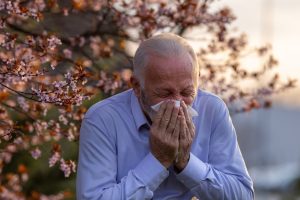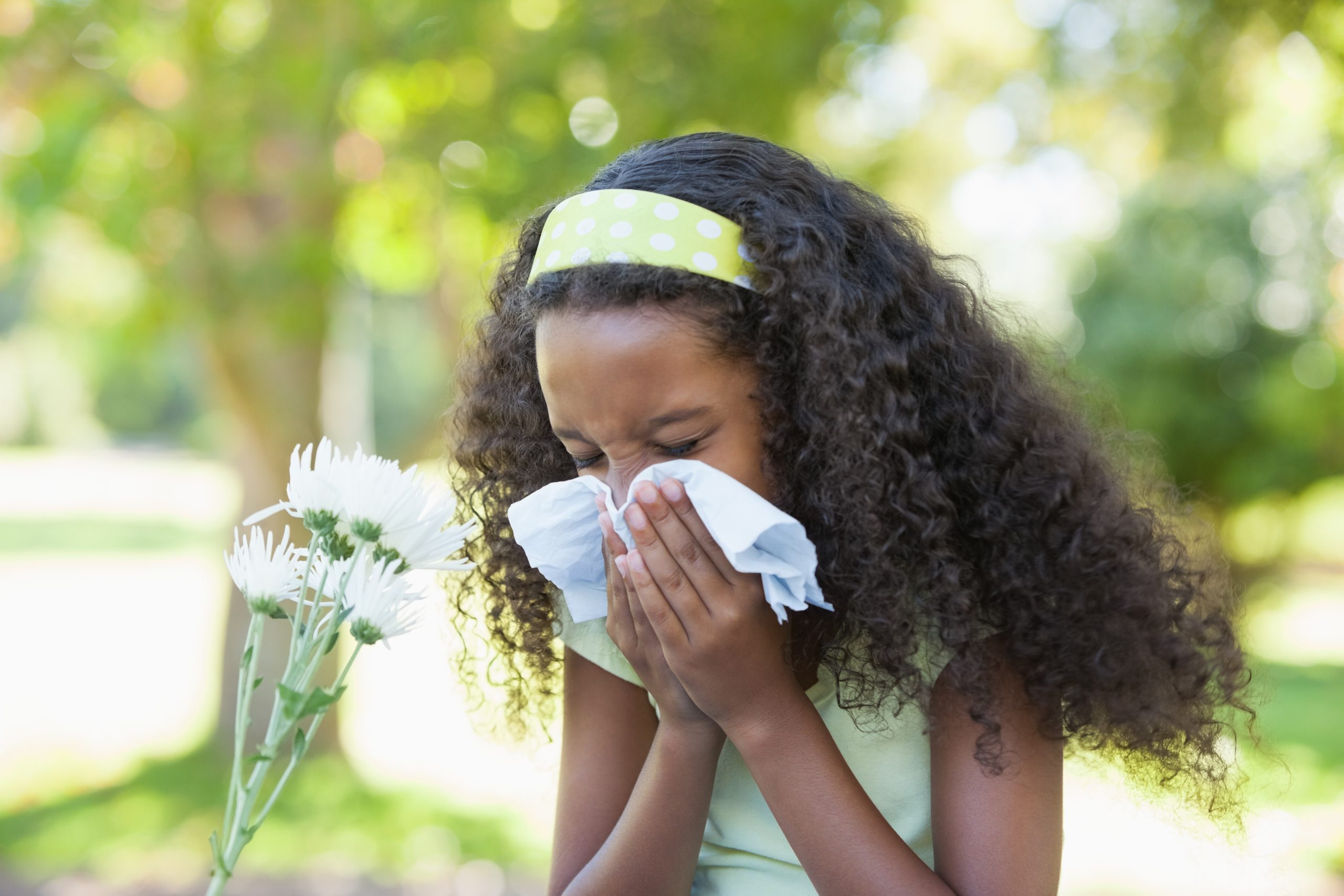Managing Seasonal Allergies
With changing seasons can come allergies.

It’s common for patients of all ages to experience sneezing, itchy eyes, coughing and feeling tired from poor sleep when the weather changes. These symptoms usually come from things like pollen, mold, and dust in the air. If you struggle with seasonal allergies (also called hay fever), knowing how to manage symptoms at home and when to see a doctor can make a big difference. Read on to learn about allergy considerations for senior citizens.
Simple Allergy Care Tips
- Use air filters: An air purifier in your living space can help clear out allergens.
- Keep bedding clean: Wash sheets often to get rid of any dust or pollen.
- Try saline nasal rinses: A simple saline spray can help clear out stuffy noses and help you feel more comfortable.
Helpful Information
- Medication Interactions: If you are taking any medications, it’s important to check with your doctor or pharmacist to ensure that any allergy medications won’t interact with your current prescriptions.
- Hydration: Staying well-hydrated can help keep your nasal passages moist and reduce irritation.
- Indoor Air Quality: Consider using a dehumidifier to reduce mold and dust mites in your home, which can be particularly helpful for those with respiratory conditions.
When to See your Doctor
If your allergies don’t improve with home care, it may be time to see your doctor. Book an appointment if:
- Allergy symptoms are making it hard for you to sleep or participate in daily activities
- You frequently experience ear or sinus infections
- Over-the-counter medications don’t seem to help
Your doctor might recommend allergy testing to find out exactly what’s causing the problem. If your allergies are affecting your quality of life, book an appointment with your doctor today to get the right plan in place and help you feel better.




